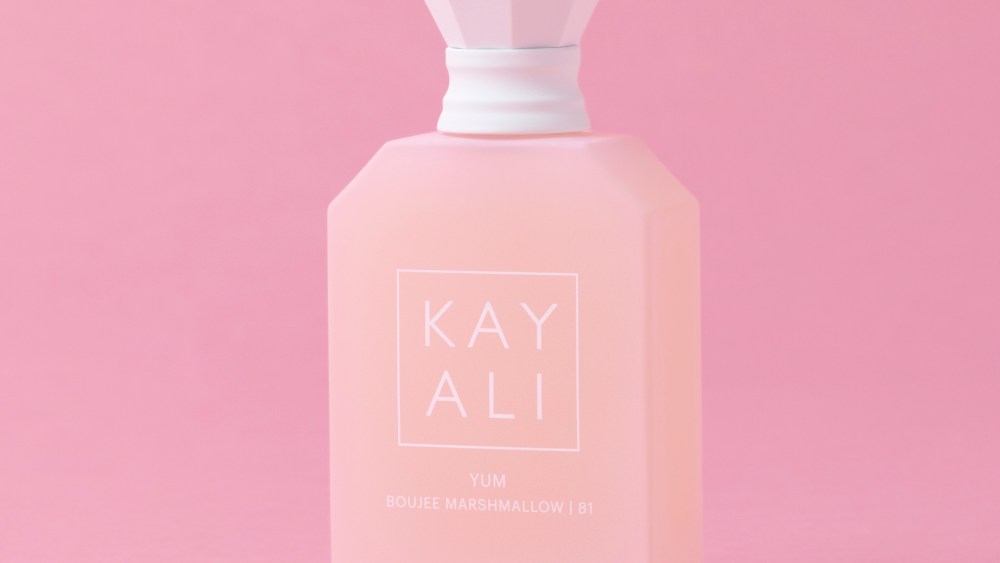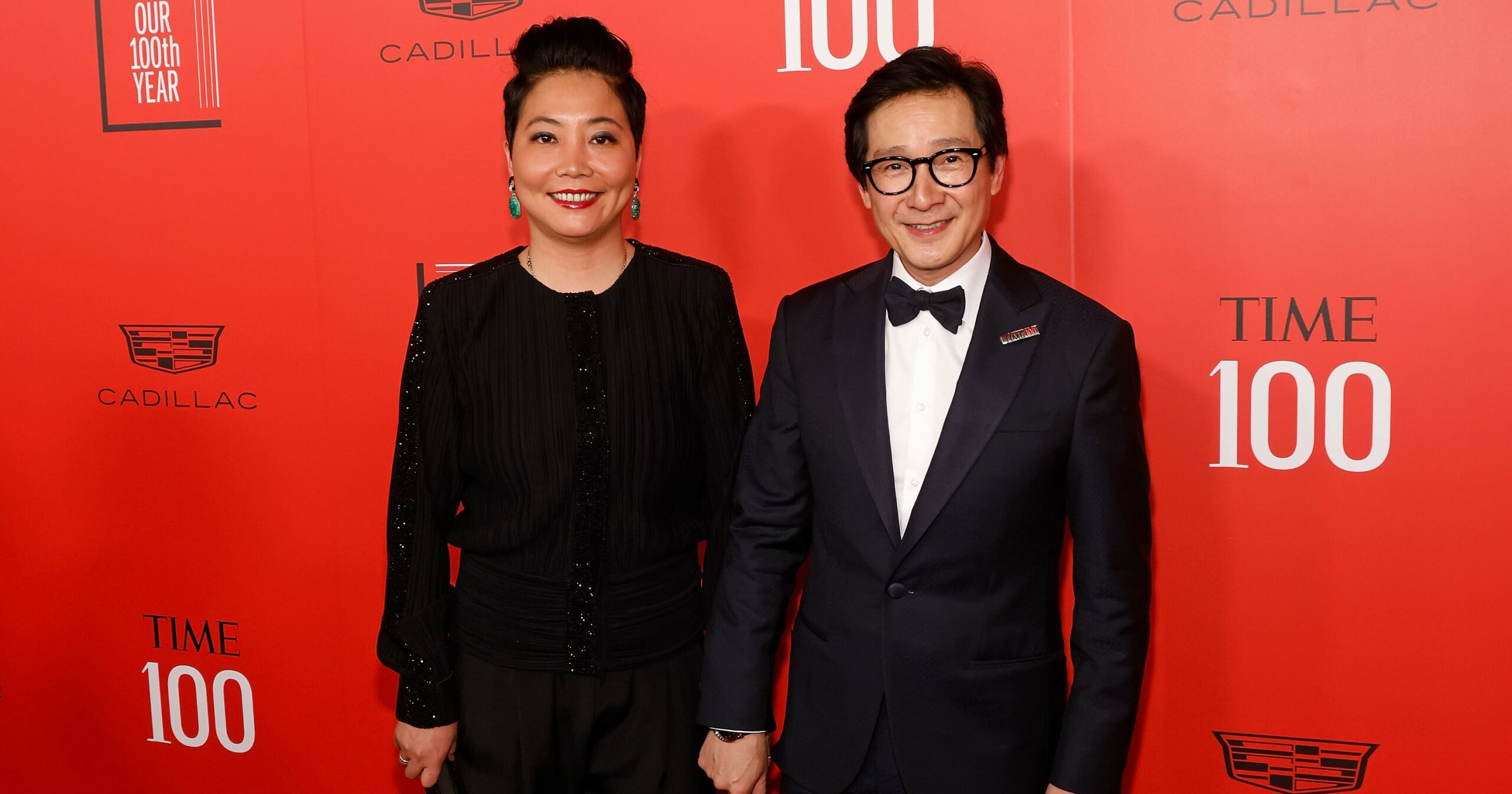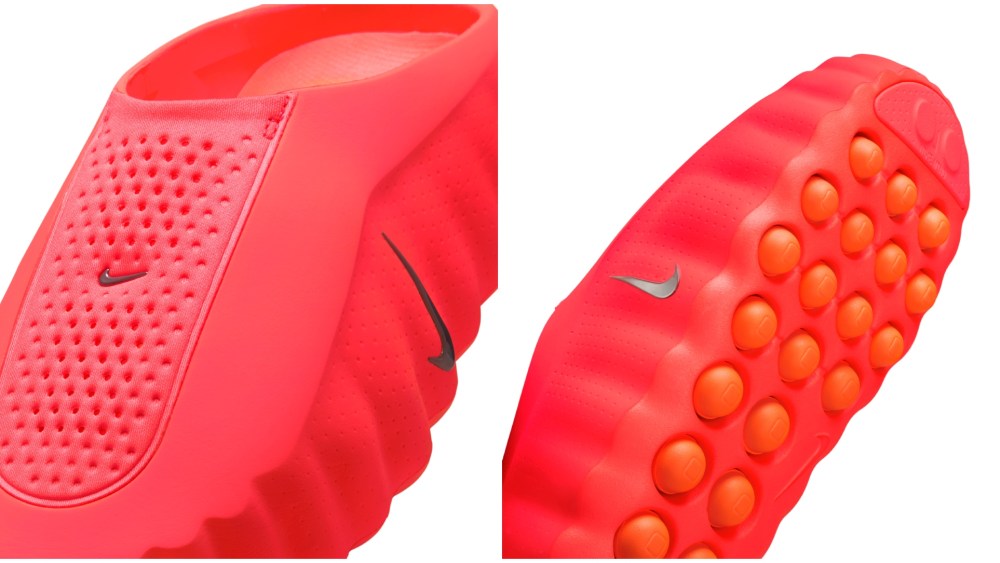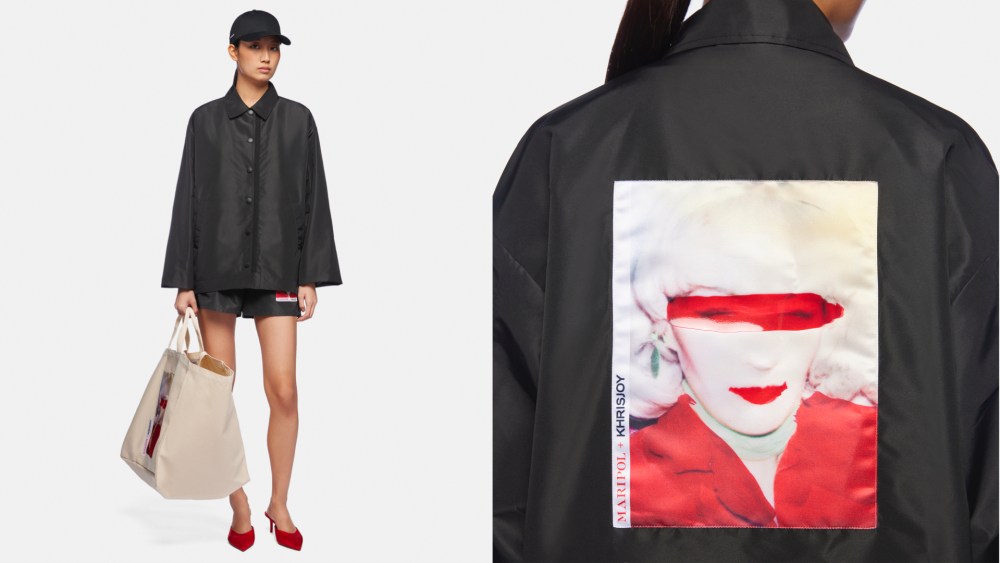
Last year was a particularly slow one when it came to beauty M&A and at least the first half of 2025 is likely to follow suit.
Though some sources painted a rosier picture for 2025 than others, it seems that leadership changes and broader headwinds for larger conglomerates will keep buyers at bay for the beginning of the year — especially with a handful of brands left on the table from 2024.
“It doesn’t feel like anything’s going to be different in the next six months,” said an industry source, who added that while a few brands may join the mix this year, too many are still on the market from 2024. “They’re waiting to figure out what’s going on with the brands that are in market this year.
Related Articles
“People were saying deals would get done, but nothing got done,” the source continued. “Strategics are concerned about assets that grow super fast at rates over 30 percent. They have to value something and want brands that will be around for 10 to 20 years, and there’s no way to forecast for that.”
In U.S.-based makeup alone, Rare Beauty, Kosas Cosmetics, Glossier, Merit, Jane Iredale and Makeup by Mario were exploring options.
“Strategics are going through a recalibration period in terms of how they look at M&A,” said Ilya Seglin, managing director of Cascadia Capital. “Sponsors are pulling because they don’t know where strategics are going to focus, so they don’t know how to underwrite their exits. Once strategics come back, you’re going to see sponsors come back.”
Sectoral struggles faced by prime buyers, such as challenges in China, Asia travel retail and early signs of a potential softening in the U.S. beauty market, could also hamper activity.
“A lot of the assets in market already have institutional capital invested and want a strategic exit,” the source said. “If you look internally what’s happening at those buyers, they have a fiduciary duty to look at every asset but between issues in China and with travel retail, there’s too much going on internally for them to do any significant M&A.”
Conversely, Seglin posited that leadership changes could indicate the market heating up. Shiseido and the Estée Lauder Cos. began the new year with new chief executive officers, while the likes of Revlon and Unilever’s Prestige division also recently appointed new leaders.
“Those executives are highly incentivized to deliver growth, and they’re going to realize sooner rather than later that a lot of the core brands are not the growth engines they thought they were. So, you have to get growth, and do acquisitions. These people are sophisticated enough to walk and chew gum at the same time,” he said.
“They’re not growing at the rate they need to grow,” said another source of the beauty conglomerates. “They’re not going to do it with their own brands, they need to start acquiring. The way to cover up some of the internal issues is through acquisitions.”
Seglin thinks the sweet spot is between $50 million and $150 million in terms of revenue. “When you get to $200 million, at a healthy multiple, that’s a big check to write,” he said. “Nobody wants to buy a $200 million business and get it to $300 [million]. If you have great [stock keeping units], tight distribution, you can see how to get from $100 million to $500 million. A strategic can take brands global, and they have the infrastructure to do it.”
Outside of the U.S., Unilever is said to be considering the sale of two of its luxury skin care brands — Ren Skincare and Kate Somerville — as part of the consumer giant’s wider efforts to streamline operations, boost profits and deliver more value to shareholders. The group acquired both labels in 2015.
A mixed outlook hasn’t stopped a handful of companies from exploring sales, however.
Industry insiders say British beauty retailer Space NK — aside from its U.S. wholesale division — is up for sale. In June, PCA Companies acquired the U.S. branch of Space NK, which involves about 600 sales points across Bloomingdale’s, Nordstrom, Nordstrom Rack, Hudson’s Bay and the company’s shop-in-shop collaboration with Walmart and Beauty Space NK.
Space NK was founded in London’s Covent Garden by Nicky Kinnaird in 1993 as a high-end destination for niche international brands, many of them skin care, that were difficult to find in the U.K. Sales at Space NK, which is owned by Manzanita Capital, have been increasing by 30 percent annually over the past three years and growing two-and-a-half times faster than the U.K. prestige premium market.
Skin care brand Medik8 is also said to have hired J. P. Morgan to explore deal options. Founded in 2009 by Elliot Isaacs, the skin care brand’s revenues are set to exceed $100 million in 2025. Neither Medik8 nor J. P. Morgan responded to requests for comment by press time.
Swedish influencer makeup brand Caia Cosmetics, launched by Bianco Ingrosso, is said to be on the market, too. She cofounded Caia Cosmetics with business partner Vanessa Linblad and seasoned beauty entrepreneurs Mikael Snabb and Jesper Matsch in 2018. Caia Cosmetics expanded from makeup into hair care, skin care and fragrance. Its sales in 2024 were expected to reach 60 million euros, according to industry sources.
Kayali is another beauty brand being shopped around, sources said. The perfume brand, which means “my imagination” in Arabic, was introduced in late 2018 by beauty mogul Huda Kattan and her sisters Mona and Alya Kattan. They began with four scents meant to be layered, launching them in Huda Beauty’s core retailers, including Sephora, Cult Beauty, Harrods and Selfridges. Today, the brand has more than a dozen product references.
Couvent des Minimes is said to be on the block as well. The natural beauty brand, which was sold to HLD Group and Didier Tabary in 2017, was created in 2004. Named after a convent built in 1613 in the village of Mane, in the south of France, the label specializes in natural cosmetics and fragrances based on medicinal herbs. Couvent des Minimes is mostly sold through selective distribution, such as perfumeries and pharmacies.
Marissa Lepor, vice president at The Sage Group, said: “I think 2024, aside from macro-economic headwinds and it being an election year, which generally makes investors a little more hesitant to close deals, the beauty strategics had significant shifts in their leadership teams, and typically when that happens, they’re not inclined to make large acquisitions. I think there’ll be more activity next year.
“The bar for all categories is high,” she continued. “There have been a lot of amazing companies acquired over the past few years, and what the strategics are looking for is not just great brands, but really brands that add incremental value to their existing portfolio companies, and really that incremental value can be attracting a younger customer. It can be bringing in expertise on a new way of marketing, or reaching new customers. It can be formula and kind of tech-driven, or it can just be like an insanely successful business, but one that really has the potential to be what they’re calling a lifetime brand. And so the bar isn’t just, is it a great business that’s growing and profitable, but really, is this something that’s bringing something new to their portfolio that they don’t already have?”



